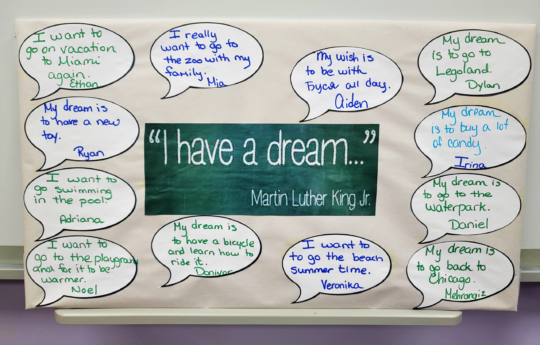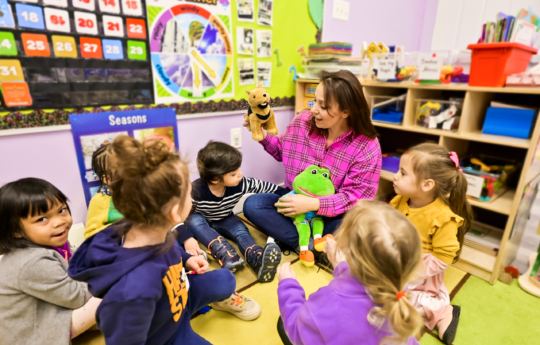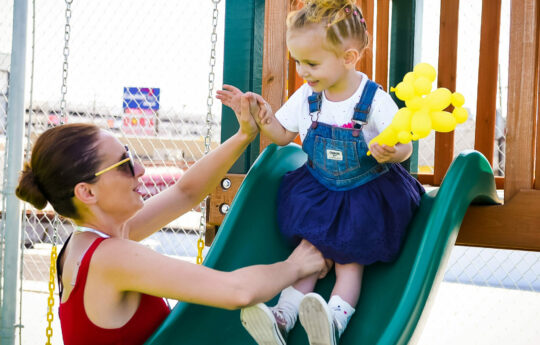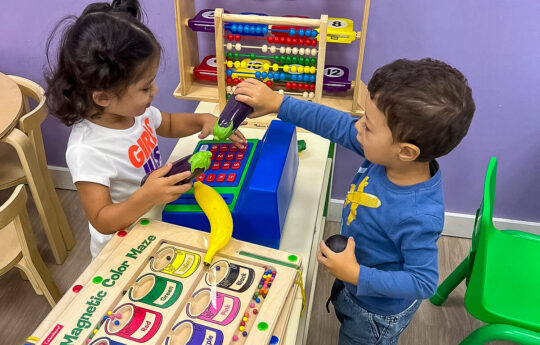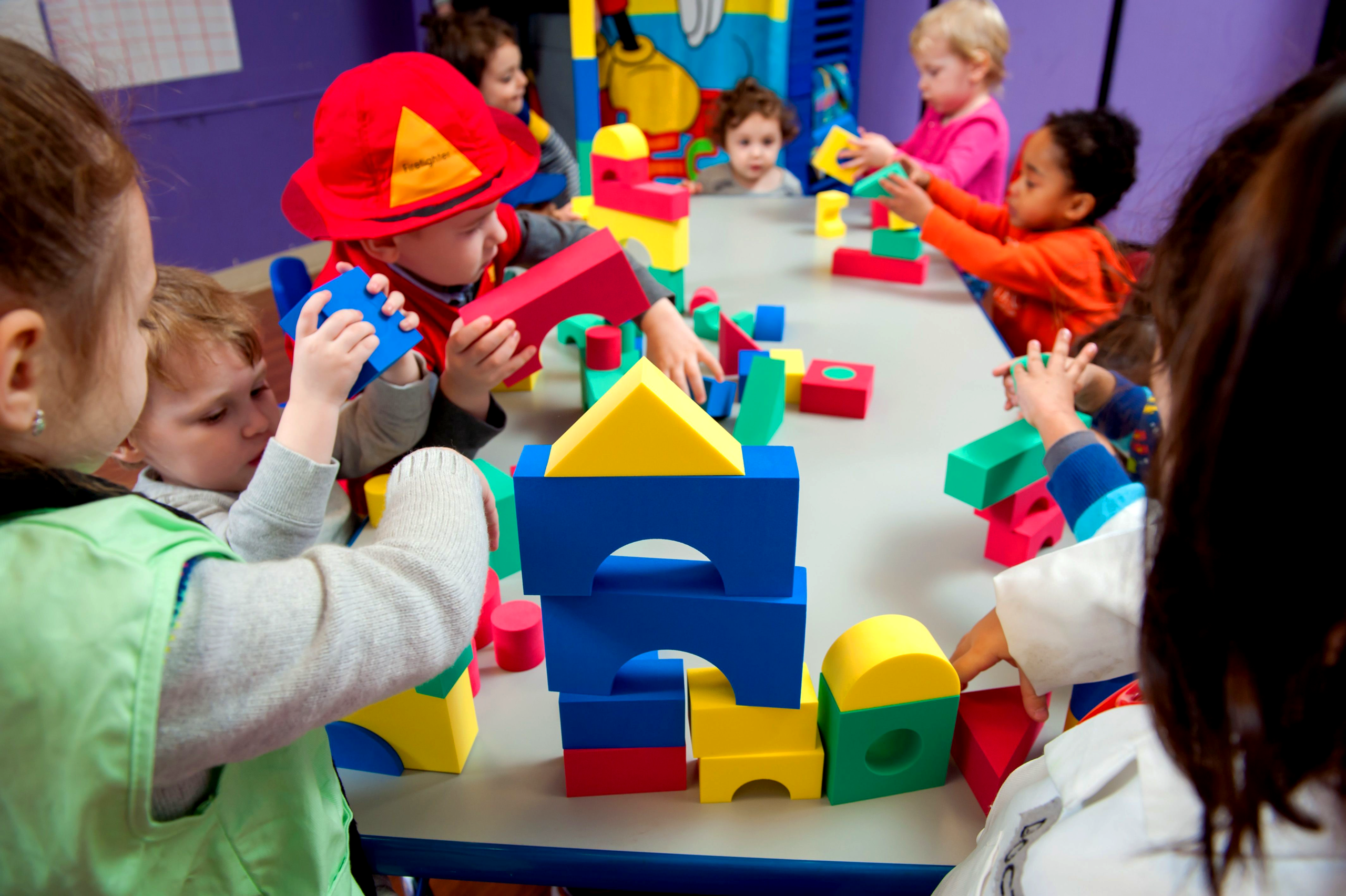
Democracy comes with a certain amount of responsibility, and a nation’s destiny frequently hinges on its knowledge. People differ, and as a result, different people have various understandings about the scope of this responsibility. At a young age, when a person is still constructing his worldview, explaining the processes of this process is one of the finest methods to raise conscious voters.
It is better to avoid discussing the specifics of the various candidates and ballot topics with kids this age. In order for children to develop their own thoughts and perspectives as adults, it is our obligation as educators and caregivers to foster a sense of curiosity in them and to assist them in understanding fundamental ideas.
Describe how voting is exciting because it gives us the chance to influence what occurs in our local communities and country. Ask kids about the types of topics that are important to them or the kinds of suggestions they have for improving their neighborhoods. Keep the talk positive and uplifting!
What distinguishes electoral programs from promises?
Every candidate must submit a list of good deeds before the election, including commitments to buy new toys, provide free ice cream on Children’s Day, and require every household to adopt a cat or a dog. A list like this is referred to be a pre-election program.
Candidates make an effort to anticipate what the public would need, such as great nurseries and schools for kids, the chance to visit the sea each year, engaging jobs for parents, and assistance for individuals without homes or parents in the area. In other words, they consider ways to make people’s lives better.
Responsibility for the decision taken
You will completely understand how a voter who voted for a politician who does not keep his promises feels if you have ever selected a candy with a really attractive wrapper that turned out to be mediocre in flavour. However, even a mistake like that may be fixed at the following election. Nevertheless, it must be remembered that if a candidate doesn’t keep his pledges each time they are chosen, they will probably never keep them. It is therefore preferable to abstain from voting for such a candidate in the future.
Create a mock election system for kids
Holding your own elections would be a great way to ensure that kids truly grasp what voting entails. Bring the idea home by starting small! Consider holding a family vote on a matter that has a significant influence on your child’s day. Vote, for instance, on the Sunday dinner menu, the game to play, or the book to read. Try explaining the idea of proposing a dish or game to older kids before the vote, or put them up on a platform and let them speak out in support of their preferred option!
Show Respect for Differences
The elections might be difficult to comprehend for young children who are still learning how to be courteous to others and their viewpoints. But this is a great opportunity to show youngsters that it’s okay to disagree with someone and that we can all practice respectfully hearing what others have to say.
Our children will become voters very soon (time goes by so quickly!) and have to decide who to vote for. To avoid later regret, it is our responsibility to inform them beforehand on how the state functions, why elections are held, and how to cast a ballot. We believe that one of the finest methods to educate a responsible voter is via books. However, it is far preferable to lead by excellent example.

